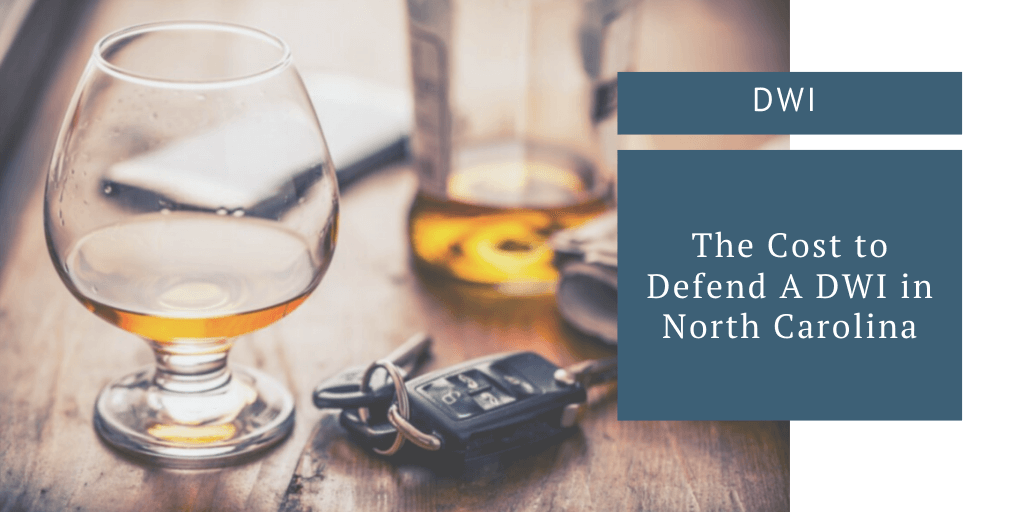
Your Divorce Questions – Answered
June 8, 2017
Cost to Defend A DWI in North Carolina
June 23, 2017It is officially summer, and many of you are probably planning outings on Lake Wylie or Lake Norman over the next few months. Before you head out on your boat, it is important to know and follow the rules & regulations for boating in North Carolina.

Boating Safety
Boating safety goes beyond wearing a personal flotation device (lifejacket) and is important for any person going out on the lake this summer.
Wildlife Officers enforce the boating laws and navigation regulations on the waters of the state, always with the aim of safety. Officers may stop any vessel for safety checks or violations, as authorized by N.C.G.S. §75A, and conduct boating accident investigations.
Registering your vessel
All motorized vessels used on public waters must be registered. This includes jet skis and sailboats longer than 14 feet at the load waterline. Vessel registration must be renewed after one or three years, depending on the type of registration obtained.
If you have brought a vessel from another state for more than 90 days, the registration needs to be transferred to North Carolina. Exempt from this rule are active-duty military stationed temporarily in North Carolina who have a valid out of state registration for their vessel.
Titled vessels must also be registered. Vessel titling is a record-keeping system that provides ownership protection to vessel owners beyond registration. Titling adds the owner’s name, address, and vessel description to the records of the Wildlife Commission; this does not expire, and a Title Certificate remains in force for as long as you own the vessel.
Boating Education
Any person born on or after January 1, 1988, must complete a NASBLA approved boating education course before operating any vessel propelled by a motor of 10 HP or greater.
For more information and exemptions use the link below to see an actual copy of the law.
Even on the water, you need to pay attention to your alcohol consumption. Find out more about BWI/BUI.
No Wake Zones
A “No Wake Zone” is an area where vessels are required to travel at a slow, idling speed that creates no wake. These areas must display regulatory signs or buoys that mark them as a “No Wake Zone” in order to be enforced.
North Carolina Wildlife Resource Commission’s Rules of the Water
- Every boat operator has the obligation to take whatever action is necessary to avoid an accident.
- When one vessel passes another going in the same direction, the craft being overtaken must maintain course and speed, and the passing vessel must keep a sufficient distance to avoid a collision or endangering the other craft from its wake.
- Boating accidents that occur on public waters must be reported to the NC Wildlife Resources Commission IF there is a loss of life, an injury requiring medical treatment, actual physical damage to property in excess of $2,000, or a person disappears from the vessel under circumstances that indicate injury or death.
- File a float plan that documents essential information about your excursion by leaving it with a reliable person who will notify the US Coast Guard should you not return as scheduled.
- Read and understand the North Carolina Boating Checklist.
By taking the time to understand (and follow) the rules & regulations for boating in North Carolina, you’ll have a better time on (and off) the water.
